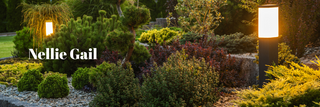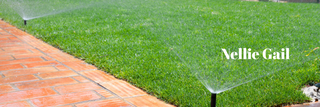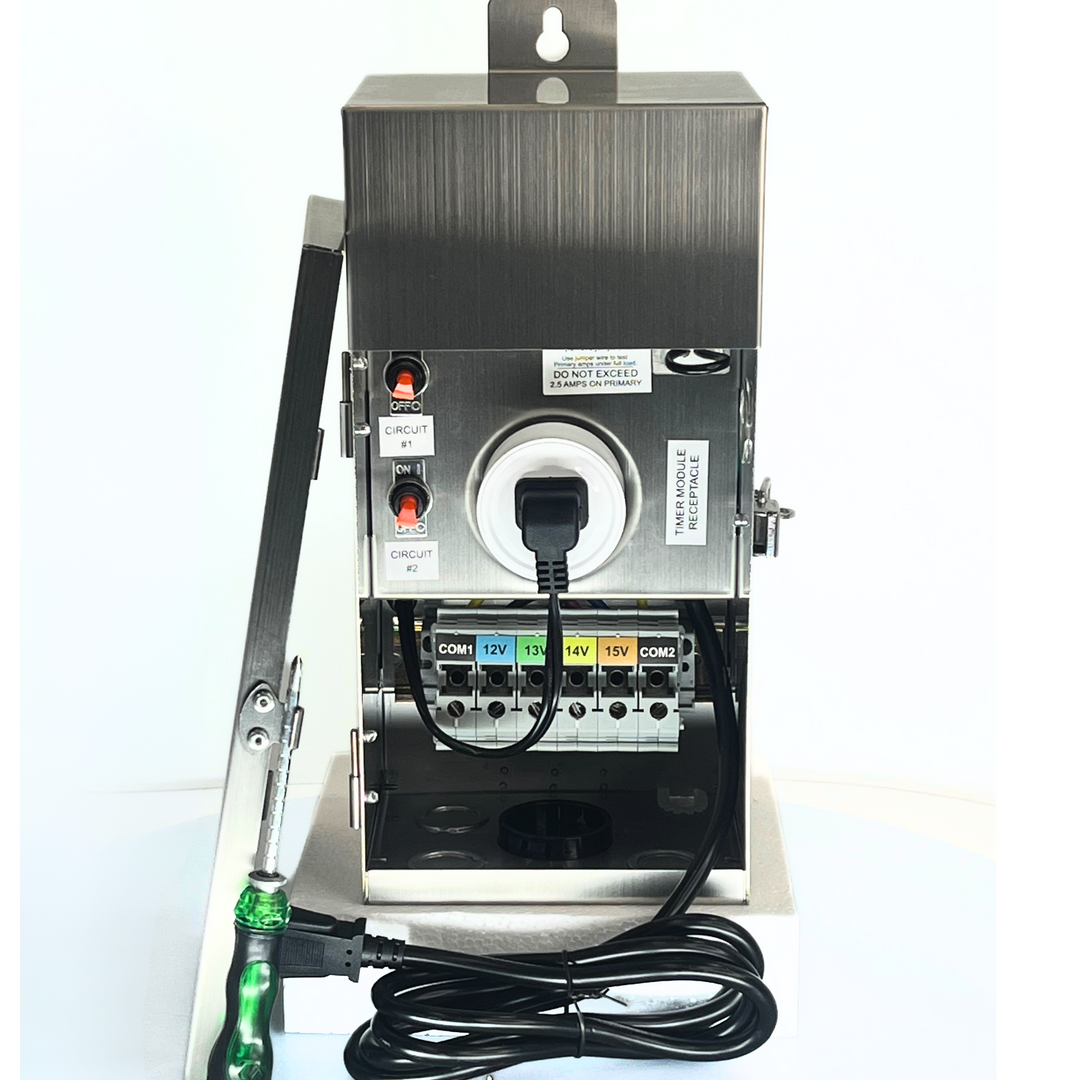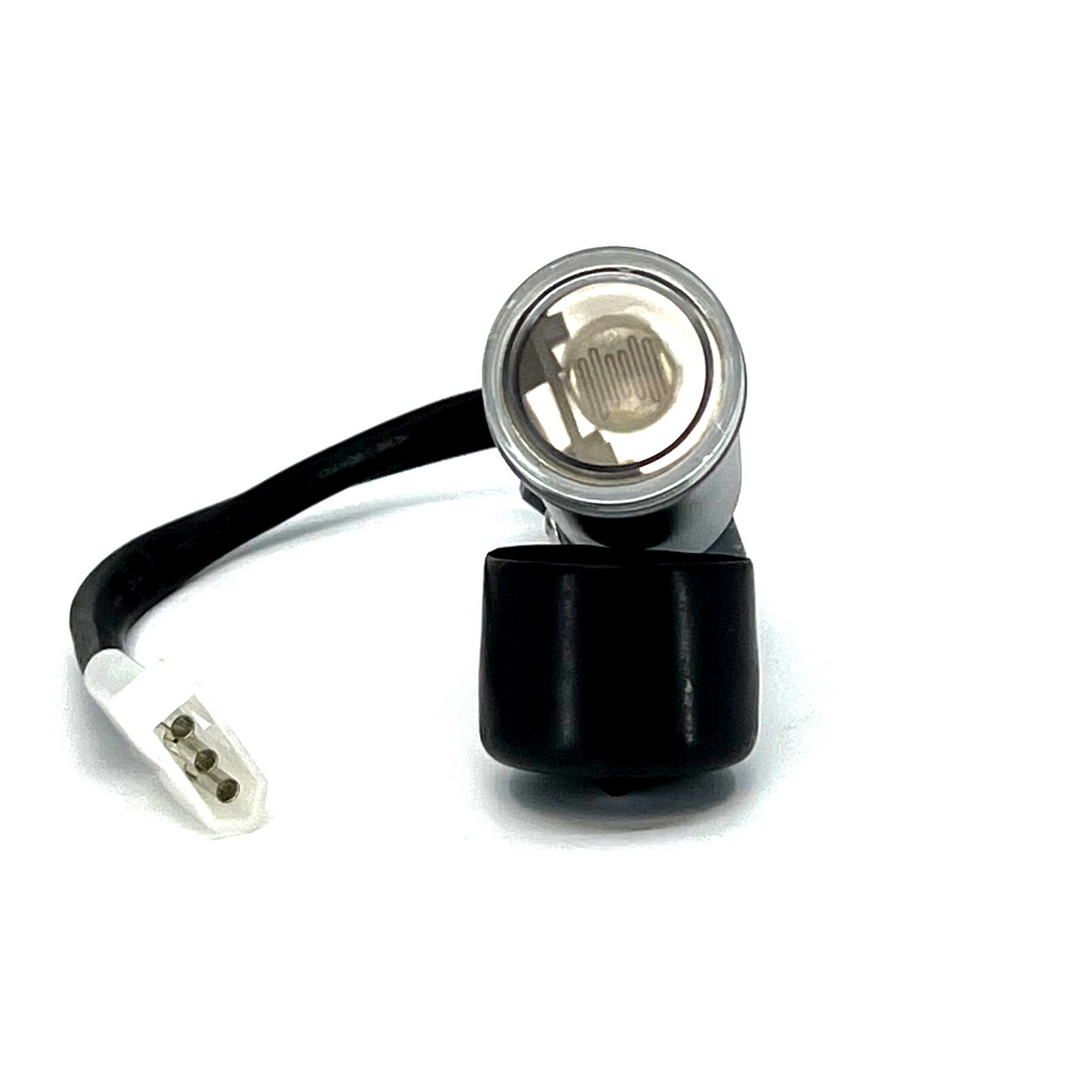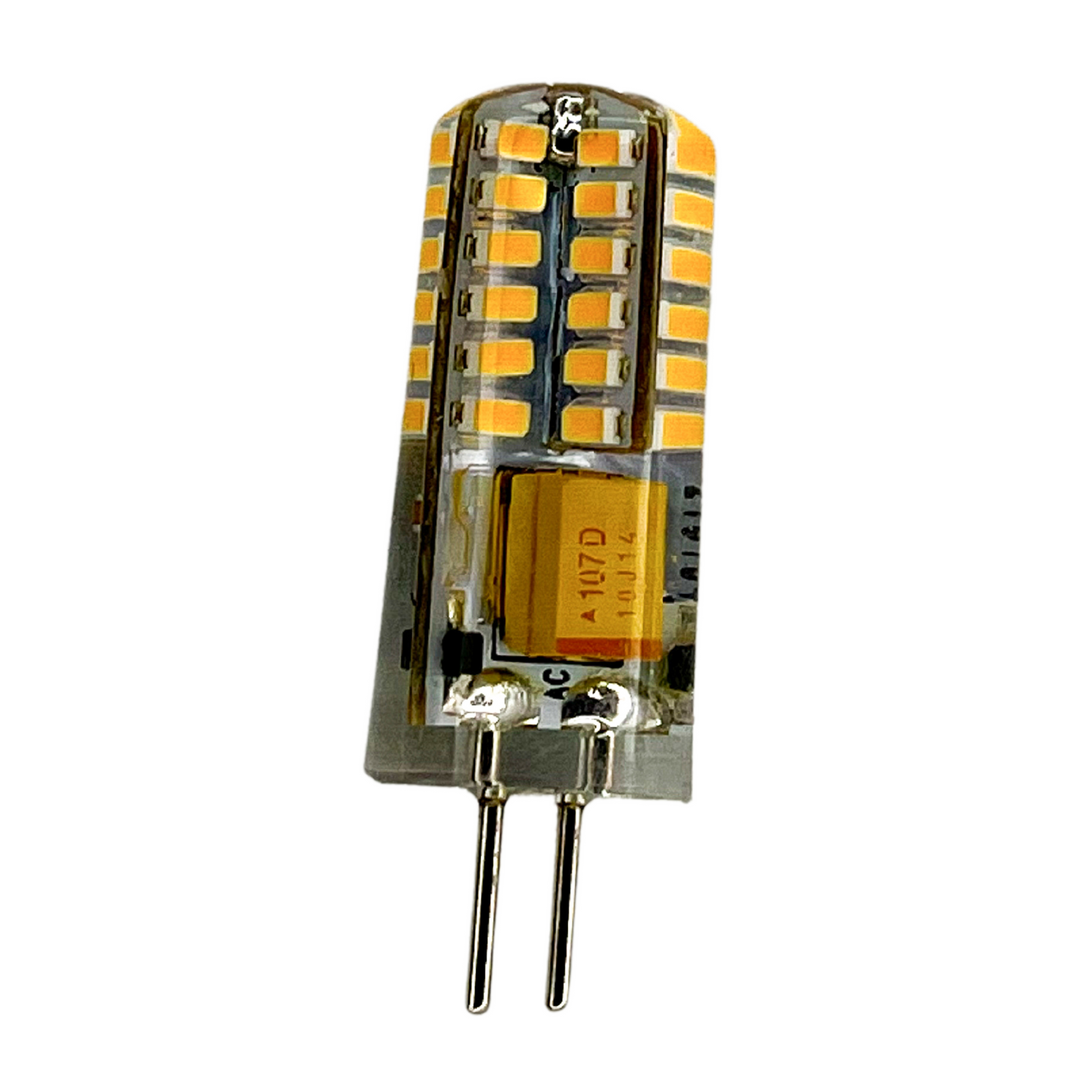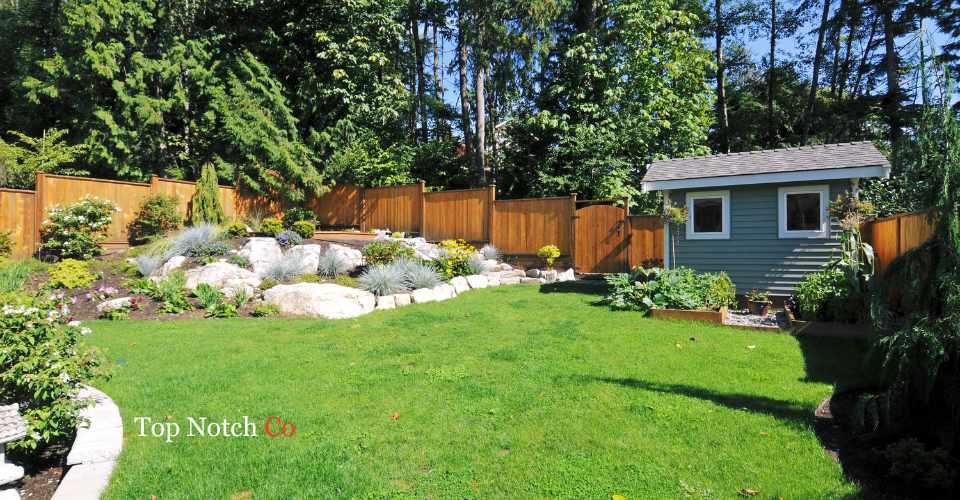
Who Can Fix Your Home Sprinkler Woes? Top Notch!
|
|
Time to read 7 min
Facing challenges with your home sprinkler system can be a source of frustration for many homeowners. From unexplained leaks to erratic sprinkler heads, the issues can seem endless. But fear not! This comprehensive guide is designed to empower you with the knowledge and tools needed to tackle these problems head-on, ensuring your garden remains a verdant oasis.
Home Sprinklers: Understanding the Basics of Your Sprinkler System
Before diving into repairs, it's crucial to understand how your sprinkler system works. At its core, the system comprises a network of pipes delivering water to various sprinkler heads, all controlled by an electronic device known as the irrigation controller. Familiarizing yourself with these components will make troubleshooting much easier.
Diagnosing Common Issues and Implementing DIY Fixes
Battling Low Water Pressure
Low water pressure can turn a well-designed sprinkler system into a mere dribble. Causes range from simple clogs in the sprinkler heads to more complex issues like leaks in the piping. Regularly inspect and clean your sprinkler heads to prevent blockages. If the problem persists, a systematic check for leaks in the system may be necessary.
Leaky Situations and Sprinkler Head Woes
Leaky sprinkler systems can waste water and damage your garden. Often, leaks are due to damaged sprinkler heads or cracked pipes. Replacing a sprinkler head is straightforward and can be done with basic tools. For pipe leaks, locating the exact spot may require some digging. Once found, replacing the damaged section of pipe will usually fix the issue.
Electrical Glitches and Solenoid Troubles
Sprinkler systems rely on electrical components like solenoids to control water flow. A malfunctioning solenoid or controller can lead to sprinklers that won't turn on or shut off. Checking the electrical connections and replacing faulty solenoids is often a fix within the homeowner's reach.
When to Seek Professional Help
While many sprinkler issues are manageable with a bit of DIY spirit, some problems might require the expertise of a professional. Electrical problems beyond basic solenoid replacement or significant pipe damage are instances where professional advice and service might be necessary.
Preventative Maintenance: A Stitch in Time
The adage "a stitch in time saves nine" holds particularly true for sprinkler systems. Regular maintenance, such as cleaning sprinkler heads, checking for leaks, and adjusting sprinkler coverage, can prevent many common issues. Seasonal maintenance, especially winterizing your system, can protect against freeze damage, saving you from costly repairs.
Upgrading Your System for Efficiency and Peace of Mind
If your system is old or requires frequent repairs, consider an upgrade. Modern sprinkler systems are more efficient, easier to manage, and often include smart technology that adjusts watering based on weather conditions, ensuring your garden gets precisely what it needs without waste.
Wrapping Up: Empowering You to Take Control
With this guide, you're now equipped to tackle most common sprinkler system issues. Remember, regular maintenance is key to preventing problems before they start. But when issues do arise, this guide will help you diagnose and fix them, or make an informed decision about when to call in the pros.
Maintaining a healthy and vibrant garden requires more than just occasional watering; it demands a well-functioning sprinkler system. Understanding how to troubleshoot common problems such as clogged nozzles, misaligned spray patterns, or malfunctioning timers is crucial.
Troubleshooting Common Sprinkler System Issues
Clogged Nozzles
Clogged nozzles are a frequent culprit behind inefficient watering. Mineral deposits from hard water or debris can block the nozzle, disrupting the spray pattern. To resolve this, turn off the system and remove the nozzle. Soak it in a solution of white vinegar and water to dissolve any mineral buildup. Use a small brush or toothpick to gently remove debris. Reattach the nozzle and test the system to ensure it's working correctly.
Misaligned Spray Patterns
Over time, sprinkler heads can get knocked out of alignment, leading to dry spots or water being wasted on sidewalks and driveways. To adjust the spray pattern, simply turn the sprinkler head by hand to the desired position. For pop-up spray heads, you might need to use a small flathead screwdriver to adjust the spray distance and direction.
Malfunctioning Timers
A malfunctioning timer can disrupt your watering schedule, potentially harming your garden. First, check the power source to ensure the timer is receiving power. If battery-operated, replace the batteries. Review the programming settings to ensure they match your current watering needs. If the timer is still not functioning correctly, it may need to be reset or replaced.
Regular Maintenance Routines
To prevent future malfunctions and keep your sprinkler system running smoothly, adopt a regular maintenance routine:
• Seasonal Checks: At the start and end of the watering season, inspect your entire system for any signs of damage or wear. Look for leaks, damaged sprinkler heads, or exposed wiring.
• Cleaning: Regularly clean sprinkler heads, especially after mowing the lawn or doing yard work that could cause debris to accumulate.
• System Flush: Perform an annual system flush to clear out any debris that may have settled in the pipes. This is especially important before the first use in spring.
• Winterization: If you live in a region where temperatures drop below freezing, winterizing your sprinkler system is essential to prevent freeze damage. This typically involves shutting off the water supply and blowing out water from the lines with compressed air.
Frequently Asked Questions
How often should I inspect my home sprinkler system for maintenance?
Regular inspections are crucial for maintaining an efficient sprinkler system. It's recommended to check your system at least twice a year, ideally during spring and fall. This helps identify potential issues early, such as leaks, blockages, or wear and tear on sprinkler heads, ensuring your system operates effectively throughout the watering season.
Can I adjust the water coverage of my sprinkler heads?
Yes, adjusting the water coverage of sprinkler heads is a common maintenance task. Most sprinkler heads can be manually adjusted to change the direction and range of water. This ensures even coverage across your lawn, preventing overwatering in some areas and underwatering in others. Check your system's manual for specific instructions on adjusting your model of sprinkler heads.
What should I do if my sprinkler system starts leaking?
If you notice a leak in your sprinkler system, the first step is to identify the source. Common causes include damaged sprinkler heads, cracked pipes, or loose connections. Once you've located the leak, turn off the water supply to the system to prevent further damage. For minor leaks, simple repairs like replacing a sprinkler head or applying sealant to a pipe joint may suffice. For more significant issues, such as a cracked pipe, you may need to replace the affected section.
Is it necessary to winterize my sprinkler system, and how can I do it?
Winterizing your sprinkler system is essential in regions where temperatures drop below freezing. Water left in the pipes can freeze, expand, and cause the pipes to burst, leading to costly repairs. To winterize your system, you should drain all water from the pipes, valves, and sprinkler heads. This can be done using manual drain valves, automatic drain valves, or by blowing out the system with compressed air. It's often best to consult a professional for this service to ensure it's done safely and thoroughly.
How can I improve the efficiency of my sprinkler system?
Improving the efficiency of your sprinkler system involves regular maintenance, proper scheduling, and potentially upgrading to more efficient components. Ensure your sprinkler heads are clean and correctly aimed, check for leaks and repair them promptly, and adjust your watering schedule based on the season and weather conditions. Consider installing a smart irrigation controller that adjusts watering based on soil moisture levels and weather forecasts to optimize water use.
What are the signs that indicate I need to replace my sprinkler system instead of repairing it?
While repairs can fix many issues, there comes a point when replacing your sprinkler system might be more cost-effective. Signs that it might be time for a replacement include frequent breakdowns, outdated technology, poor water efficiency, and significant changes to your landscaping that require a different irrigation approach. Upgrading to a new system can offer better water efficiency, coverage, and the convenience of modern features like smart controllers.
Practical tips or facts:
1. Seasonal Adjustments for Sprinkler Systems: As the seasons change, so do the watering needs of your garden. Adjust your sprinkler system settings in spring and summer to account for increased plant growth and evaporation rates. In contrast, reduce watering frequency in autumn and prepare to winterize your system as winter approaches to prevent freeze damage.
2. Mulching: Applying a layer of mulch around your plants can significantly reduce water evaporation, suppress weeds, and maintain soil temperature. This not only makes your garden more resilient but also reduces the need for frequent sprinkler system use, conserving water and reducing wear on the system.
3. Smart Controllers: Upgrading to a smart irrigation controller can optimize your watering schedule based on local weather conditions, soil moisture levels, and plant types. This technology uses real-time data to water your garden efficiently, preventing overwatering and reducing unnecessary strain on your sprinkler system.
Our Recommendation
In Closing
Sprinkler systems are essential for maintaining a healthy, beautiful garden, but they can sometimes become a source of frustration when things go wrong. By understanding the basics of your system, learning to diagnose and fix common problems, and knowing when to call for professional help, you can ensure your sprinklers serve you well for years to come. Remember, a well-maintained sprinkler system not only saves water but also keeps your garden in top condition. Book Online Now to Get a FREE Quote!









